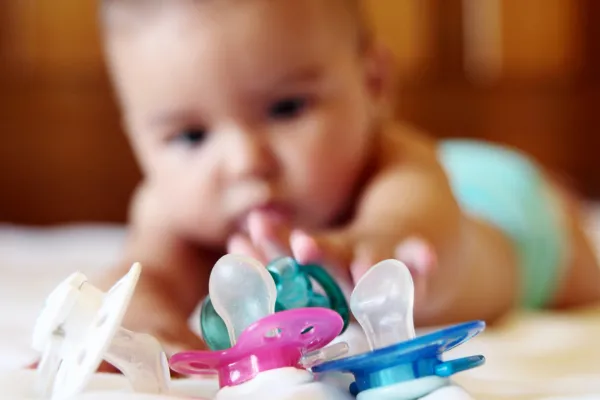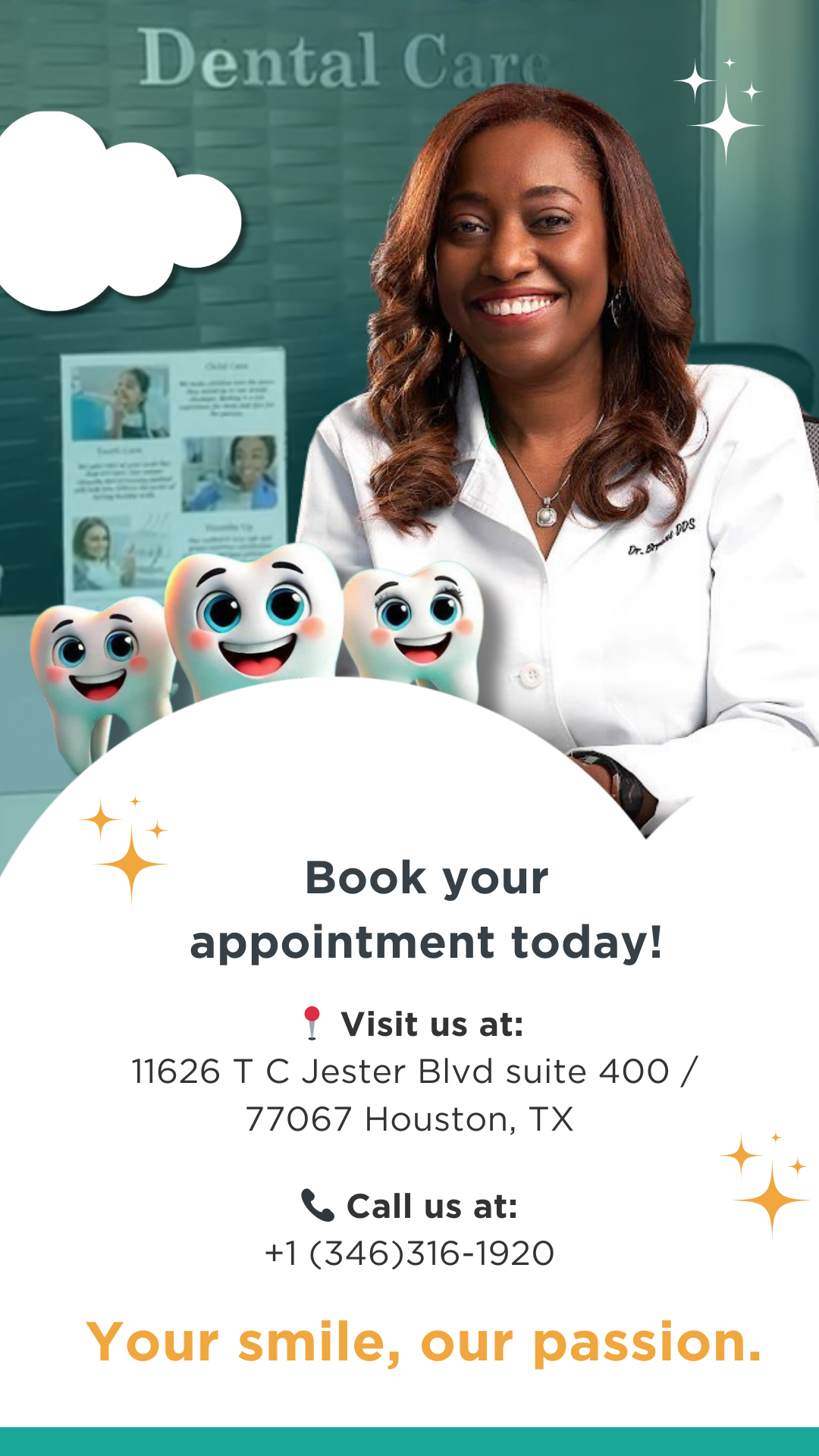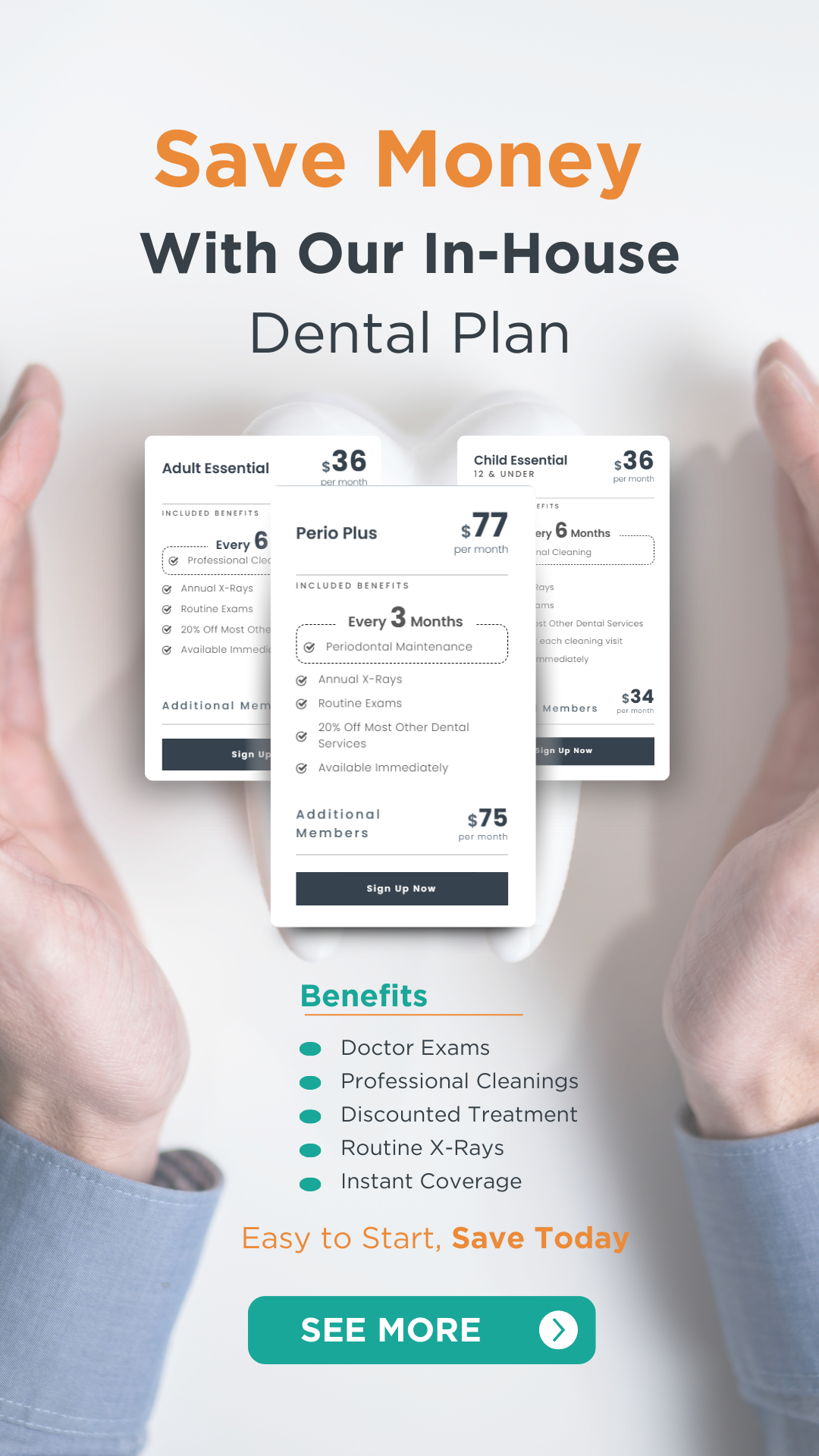
The Use of Pacifiers and Their Effect on Teething
The pacifier has long been a comforting tool for many babies and toddlers, offering solace and security in times of need. However, it's important to consider how it can influence long-term dental health. In this article, we will explore how pacifier use can affect your children's teething and when it is the right time to consider stopping its use.
Impact of Pacifiers on Teething
Prolonged use of pacifiers can have several negative effects on children's dental health:
Dental Malocclusion: It can cause alignment problems such as malocclusion, where the upper and lower teeth do not fit together correctly.
Palate Development: The pacifier can affect palate development, contributing to a narrow palate that can impact breathing and speech.
Tooth Position: It can also influence the position of the teeth, leading to alignment issues that may require orthodontic treatment later on.

When to Consider Stopping Pacifier Use
It is essential to consider stopping pacifier use at the right time to mitigate these adverse effects on teething:
Before 2-3 Years Old: It is recommended to eliminate pacifier use before oral habits can significantly affect dental development.

Tips for Effectively Stopping Pacifier Use
If you are considering helping your child stop using a pacifier, here are some helpful tips:
Introduce Alternatives: Introduce comforting toys or security blankets to offer solace without relying on the pacifier.
Gradual Withdrawal: Gradually reduce pacifier use, limiting it to specific times such as bedtime, and then eliminate it completely.
Positive Reinforcement: Celebrate each positive step towards stopping pacifier use and praise your child for their bravery in facing this change.

Protect Your Children's Smile from an Early Age!
At Sparkle Dental Care, we understand the importance of dental health from an early age. If you are concerned about the impact of pacifier use on your child's teething, our specialists are here to offer personalized guidance and professional care. Schedule a consultation today and start protecting your little ones' smiles.





